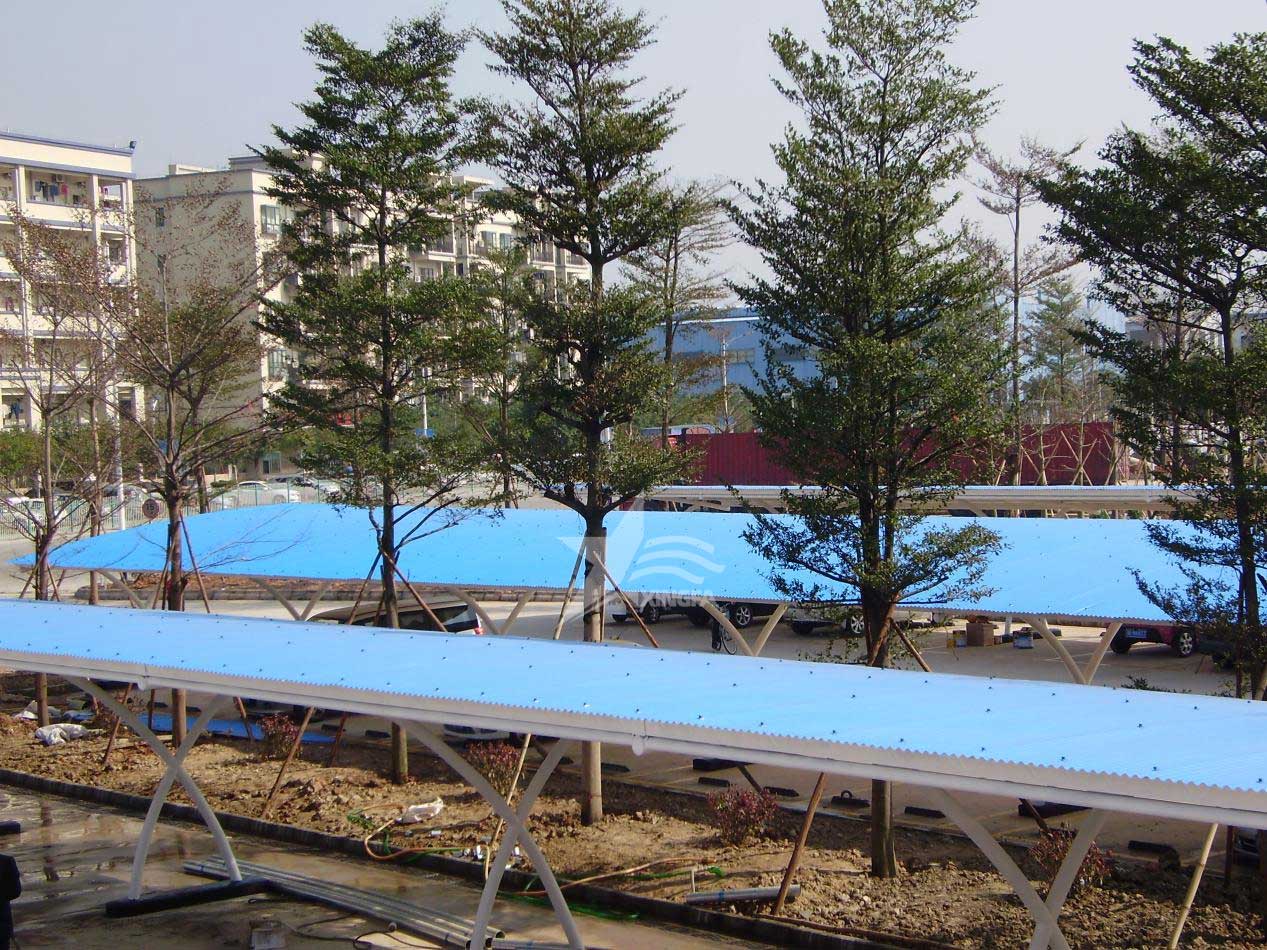PVC hollow insulation tiles have become an ideal choice for factory roofs due to their corrosion resistance, thermal insulation, sound insulation and many other advantages. The use of PVC hollow tiles provides a cost-effective solution for building owners. One of the biggest advantages of PVC hollow tiles is their lightweight nature, which makes them easier to handle during installation. This also reduces the overall load on the building structure.

Furthermore, PVC hollow tiles are highly resistant to corrosion, making them ideal for use in areas with high moisture or chemical exposure. This makes them a durable option for factory roofs, where they may be exposed to harsh conditions. Additionally, the hollow nature of the tiles provides excellent thermal insulation, helping to maintain a comfortable temperature inside the building and reducing the need for excessive heating or cooling.

Another advantage of PVC hollow tiles is their sound insulation properties. They can help reduce noise transmission, creating a more peaceful and productive working environment within the factory. PVC hollow tiles are also easy to clean and maintain, adding to their appeal for factory owners.
When it comes to cost, PVC hollow tiles are a more affordable option compared to traditional roofing materials. They also have a long lifespan, reducing the need for frequent replacements and maintenance costs.

In conclusion, the advantages of PVC hollow insulation tiles make them an excellent choice for factory roofs. Their corrosion resistance, thermal insulation, sound insulation, and cost-effectiveness make them a practical and efficient solution for building owners.
